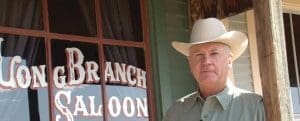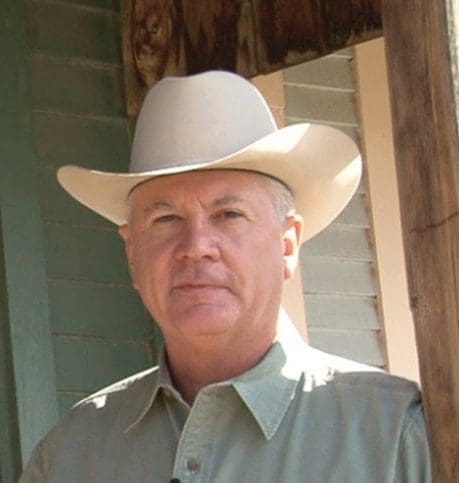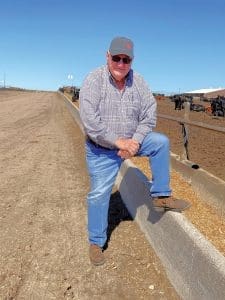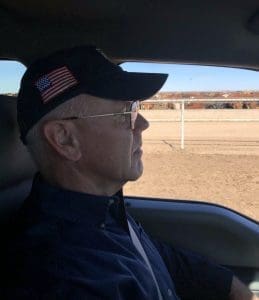
By Jim Whitt Contributing Editor
Back in the 1970s when I was in sales with the Ralston Purina Company, I was assigned to a district that included several counties in southwest Kansas. As I was traveling around getting acquainted with people in my new district, I called on Milam Jones, the manager at Collingwood Grain in Johnson, Kan., the Stanton County seat. Milam gave me a piece of advice that not only impacted my life then but continues to impact my life to this day. “Jim,” he said, “if you want to do business in Stanton County, you need to get to know Melvin Winger. Everyone watches what he does, and if he does business with you, they’ll do business with you.”
Mel had one of the largest farming and cattle operations in the state, was a stockholder in several banks, and owned Winger Feedyard. It took some time, but Mel eventually started doing business with me and, just as Milam predicted, others did too. When I took over that district, Purina had an 11 percent share of the feed business in Stanton County. When I left the company seven years later, Purina had 75 percent of the market. It was all because I got to know Mel Winger.
Melvin passed away Aug. 14 at the age of 96. His obituary stated that he would rather sink his money into Main Street rather than Wall Street. Melvin invested as a full and silent partner in dozens of businesses and was instrumental in recruiting new business to the area. He was one of the driving forces in luring large California dairies to southwest Kansas. But I believe the real key to his success went far beyond his investment in businesses — Mel invested in people. He had a unique ability to see things in others that they couldn’t see in themselves. He made you believe you could succeed when you didn’t think you could. He was fond of quoting Henry Ford who said, “Whether you think you can, or think you can’t — you’re right.”
A couple of years after I left Purina, I approached Mel and my friend Lee Isaac at Sunbelt Feeders about contracting with me to market their feedyards to prospective cattle feeders. It seemed like a great idea, but after six months with little success, I had to admit it was an idea whose time had not yet come. After pulling the plug, I was visiting with Mel one day, feeling like the world’s greatest failure. I told him I had no idea what I was going to do. Mel suggested that since I had worked for a couple of major corporations I might be able to help them with their management. Mel made me a management consultant when I didn’t even know what a management consultant was. And he encouraged other businesses he was involved with to hire me, too. I say that he encouraged them, but they knew that when Mel encouraged them to do something, they’d better do it. That was more than 30 years ago, and I can trace all of the business I’ve enjoyed since then back to Mel Winger.
Mel helped dozens of other people like me. He helped them start businesses, partnered with them and, yes, encouraged others to do business with them. Every one of them will tell you of the times when they were discouraged, they’d have a visit with Mel and he would pick them up, dust them off and send them on their way, believing that everything was going to be OK. If something flopped, he’d say, “Well, we eliminated one way that didn’t work, so we’ll try another.”
After Mel’s funeral, I thought about a scene from the classic film It’s a Wonderful Life. An angel named Clarence gave George Bailey the opportunity to see what the world would have looked like if George had never been born. “Strange, isn’t it?” Clarence says. “Each man’s life touches so many other lives.”
We can’t always repay the people who help us on our journey through life — but we can pass on the payment. Mel Winger lived a wonderful life because he invested in the lives of others. It’s up to those of us he helped to pass on the payment.







